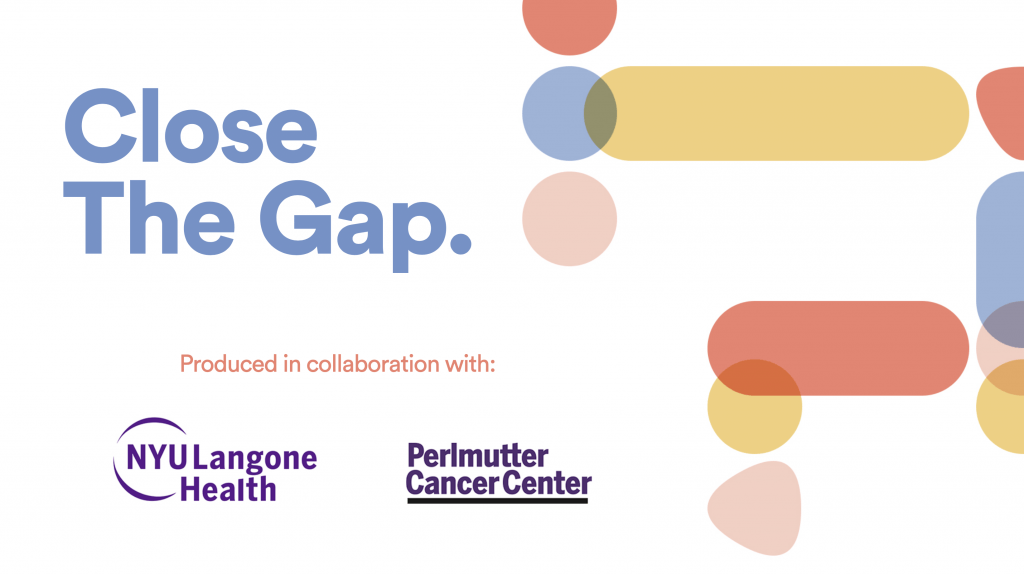Colons Age at Different Speeds in Different Racial Groups
- The right side of the colon ages faster than the left.
- In African American people, the right side ages much faster than it does in white people.
- This new finding may contribute to higher colon cancer rates, higher rates of right-side cancers, and younger age at diagnosis among African American people.
Colons Age at Different Rates
Researchers studied the DNA of cells from the colons of African American people and white people. Across the board, they found that the right side of the colon seems to age faster than the left. But, how much faster depended on race. The right side of the colons of African Americans seems to age fastest.
Related: Mysterious Relationship Between Vitamin D, Prostate Cancer and African American Men
This difference could contribute to the overall higher rates of colon cancer among African Americans compared to white people and the higher rates of cancers on the right side of the colon in African Americans. Also, because cancer in general is an age-related disease, this study could explain, at least in part, why African Americans may be more likely to get colon cancer at a younger age than white people do.
But the study doesn't explain all the biological differences in colon cancers between these two groups. It doesn't, for example, offer any understanding as to why the gene mutations found in African American colon cancers tend to be different than those found in white cases of the disease, Yeo says.
Many Other Disparities to Consider
The speed at which the colon ages may be a factor in some race-based disparities in colon cancer. But, it doesn't explain everything. It's likely a combination of factors, including biology, lifestyle, access to care, and systemic racism that explains these differences.
Dr. Heather Yeo stresses the importance of colon cancer screening; breaks down the guidelines.
"It's important to understand your risk of colon cancer," Yeo says, "but it's also important to work to minimize other healthcare disparities like access to screening and care, healthy foods, and awareness."
Learn more about SurvivorNet's rigorous medical review process.

